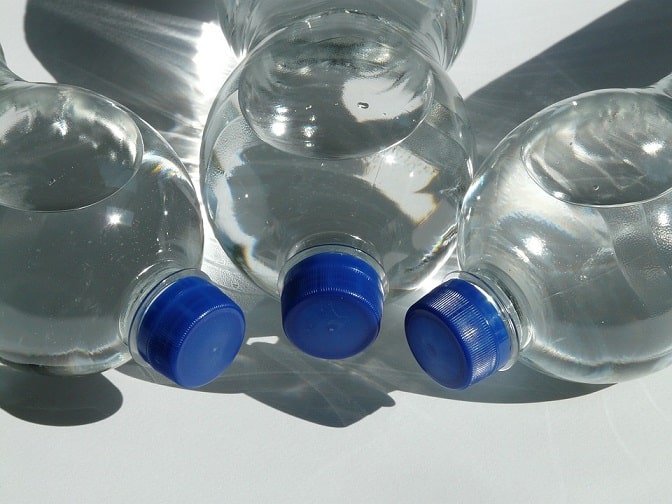Many individuals are refilling their plastic water-bottles because they believe that by doing so they are saving the environment, but they may actually be doing themselves more harm than good.
Unfortunately, some plastic water bottles are still being made from plastic containing Bisphenol A (BPA) – a contentious chemical used in the manufacture of various household items and which is believed to interfere with sex hormones. BPA is not found in ‘single-use’ water bottles, which are made from PET plastic.
The NHS has confirmed BPA has the potential to migrate into beverages, but are not sure of the effect of BPA on humans, and stated:
“The science is not yet completely clear on how BPA may affect humans. BPA may mimic hormones and interfere with the endocrine system of glands, which release hormones around the body.
“Those calling for a ban suggest that it may be a factor in a rising numbers of human illnesses, such as breast cancer, heart disease and genital birth defects.”
Dr Marilyn Glenville said in an interview, “Certain chemicals found in [some] plastic bottles can have effects on every system in our bodies. They can affect ovulation, and increase our risk of hormonally driven problems like PCOS, endometriosis and breast cancer, among other things.”
The other problem with re-using plastic water bottles is that they may contain bacteria. In a study conducted by Treadmill Reviews, researchers lab-tested water bottles after use by an athlete for one week and found that bacteria reached over 900,000 colony forming units per square cm on average. This is more bacteria than can be found on the average toilet seat – would you drink water off a toilet seat?
So, do not stop topping up your water bottle from your water cooler – it is vital that you remain well-hydrated at all times, especially when out exercising or in hot weather, but make sure that the refillable water bottle that you are using does not contain BPA – better still, buy one made out of stainless steel or glass.






